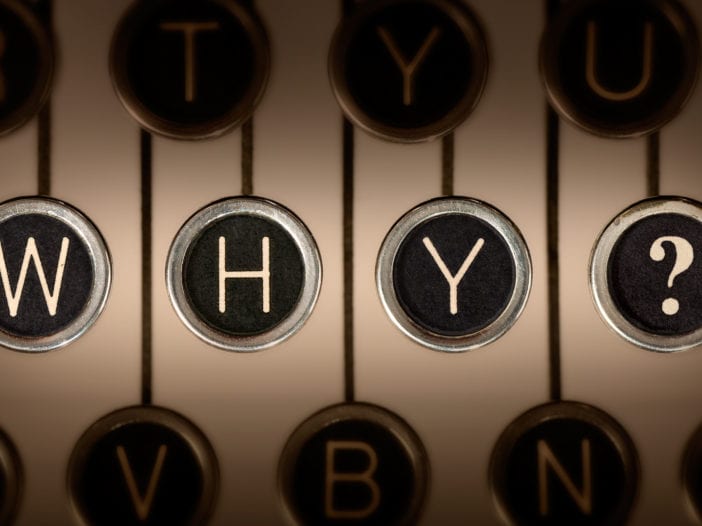
I am used to tight deadlines and working under pressure. I am also a complete workaholic. I think the playwright program will allow me to allocate more time to myself and my writing, and give me the space to wrestle with big ideas on and off the page. It also gives me a huge confidence boost as an actor-creator and writer, knowing that there is support out there for young artists like me wanting to experiment.
At some point, I became increasingly comfortable with, and excited by, the theatrical possibilities of a one-man show. The first Canadian plays I ever read were the solos of Daniel MacIvor, which, I suppose, are now embedded somewhere in my psyche. This simple but significant decision–daring the audience to watch a single person on stage transforming in front of them–has continued to fuel the work. The goal to bring to light my privilege in spite of the current crisis in Venezuela, however, has always been (and will always be) crucial.
With so much uncertainty as a young artist, I decided to stop looking for answers to the questions my work poses and explores. I was not going to get any. I began answering questions with questions; a “joy of curiosity” that never really lets me get too comfortable – which I think is a terrifying and necessary place for a writer (or actor, or artist, or audience member, really) to be in.
I’m really grateful for Jiv’s encouragement to not set the structure of the piece too early. It’s an interesting piece to create, because it is composed of seemingly separate segments of writing that then need to be stitched together in a meaningful and logical manner. I’m really interested in writing “from the body” and self-directing – seeing what ideas and writing arise on my feet, in front of a mirror. Anything can happen.
Dramaturgy is such a broad term; everyone has their style. I appreciate Jiv’s ability to let me rant and spew ideas, while being able to condense it into thematic cores. Similar to my experiences with Guillermo Verdecchia and Djanet Sears (my previous and current playwriting teachers) having an outside eye reminds me that the work is never precious and there is always something universal.
My earliest memory of “theatre” as an audience member would have to be going to Catholic Mass. (It seems I learned something from a degree in Performance Studies!) My family was not “explicitly” artistic. In Venezuela, the Church is often a space for community, family, and healing, and I grew up around these sacred spaces. Now, at a more “reactionary” age, let’s call it, I’m questioning a lot of that faith that was imposed on me, including the whole performative aspect of it. I’ll let Chicho talk about that, too.

